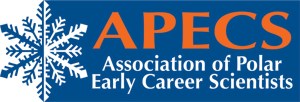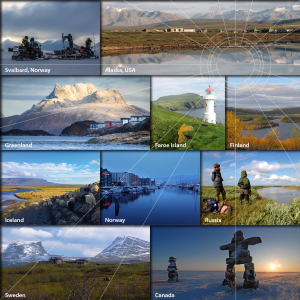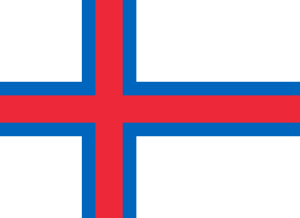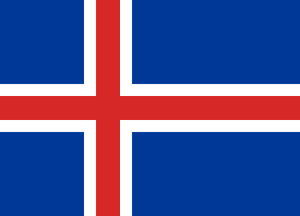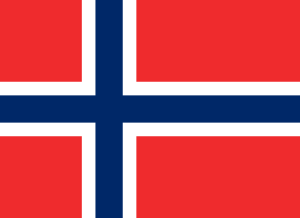Permits and regulations for arctic fieldwork
Conducting research in the ArcticDefinitions of the Arctic vary according to environmental, geographical, political, cultural and scientific perspectives. Some scientists define the Arctic as areas having a high latitude, long winters, short, cool summers,... More often requires permits founded in national or local legislation. This information platform aims at providing an overview of the most common rules, regulations and permit types relevant for scientists travelling to, and working in, the following arcticDefinitions of the Arctic vary according to environmental, geographical, political, cultural and scientific perspectives. Some scientists define the Arctic as areas having a high latitude, long winters, short, cool summers,... More countries:
![]() Greenland (under reconstruction)
Greenland (under reconstruction)
National rules and regulations are provided for the following categories:
- Cross border travel (persons, equipment, samples, chemicals),
- Access to specific areas,
- Permits to conduct fieldwork and collect samples,
- Field instrumentation,
- Safety equipment and
- Regional/local level permits.
It is your responsibility to ensure that you possess all relevant permits before travelling to your research destination. These pages will guide you through the most common types of permit required to conduct studies in the ArcticDefinitions of the Arctic vary according to environmental, geographical, political, cultural and scientific perspectives. Some scientists define the Arctic as areas having a high latitude, long winters, short, cool summers,... More, along with links to the websites of issuing authorities in each country. If you plan to work out of a research station, the station manager may also be able to provide guidance on relevant national and local permits. Contact information for INTERACT station managers can be found on the INTERACT website under ‘Field sites’.
Processing of permit applications can take considerable time. It is therefore recommended to start the preparation for the research activities as early as possible.
Disclaimer: INTERACT takes no responsibility for lacking or wrong information presented here. The information platform only addresses the most common permit types – certain studies may therefore require permits that is not covered by this initiative. Note also that new regulations may be implemented, rules may change and links may become outdated or dead – there may be a delay in the updates on these pages, so if you encounter dead links, updates or have suggestions for additional permit types we can include, please contact us.
Note that, as a scientist, you are responsible for ensuring that you possess all relevant permits before you embark on your scientific quest. National authorities and station managers can often guide you to relevant national and local permits. You can find links to websites of relevant authorities and contact information for station managers on the INTERACT website under Field sites or on the stations’ own websites.
Additional information about the initiative
On 23 May 2018 a new Agreement on Enhancing International Arctic Scientific Cooperation between all eight ArcticDefinitions of the Arctic vary according to environmental, geographical, political, cultural and scientific perspectives. Some scientists define the Arctic as areas having a high latitude, long winters, short, cool summers,... More states came into force. The agreement aims to increase international research collaboration, and to support easier movement of researchers and research equipment across the arcticDefinitions of the Arctic vary according to environmental, geographical, political, cultural and scientific perspectives. Some scientists define the Arctic as areas having a high latitude, long winters, short, cool summers,... More region.
To help in this process, INTERACT has, in collaboration with APECSAssociation of Polar Early Career Scientists.... More (Association of Polar Early Career Scientists), made this overview of the most common types of permit needed to conduct science in the arcticDefinitions of the Arctic vary according to environmental, geographical, political, cultural and scientific perspectives. Some scientists define the Arctic as areas having a high latitude, long winters, short, cool summers,... More. It takes into account local and national legislation, including implementation of international conventions through national laws and executive orders.
The permit types selected for this overview are based on (i) the experiences of terrestrial research station managers in the different arcticDefinitions of the Arctic vary according to environmental, geographical, political, cultural and scientific perspectives. Some scientists define the Arctic as areas having a high latitude, long winters, short, cool summers,... More countries, (ii) experiences from the INTERACT Transnational Access programme, and (iii) the experiences of early career scientists making their first endeavours into the jungle of arcticDefinitions of the Arctic vary according to environmental, geographical, political, cultural and scientific perspectives. Some scientists define the Arctic as areas having a high latitude, long winters, short, cool summers,... More permit systems.
This collection of permit systems has been prepared by Svenja Holste (APECSAssociation of Polar Early Career Scientists.... More), Elmer Topp-Jørgensen (INTERACT), Morten Rasch (INTERACT) and Christopher Andrews (ECN Cairngorms, UK). The collection would not have been possible without the contribution and help of INTERACT research stations in the arcticDefinitions of the Arctic vary according to environmental, geographical, political, cultural and scientific perspectives. Some scientists define the Arctic as areas having a high latitude, long winters, short, cool summers,... More countries. In particular contributions from Toolik Field Station (USA), CEN stations (Canada), Greenland Institute of Natural Resources (Greenland), Sverdrup Research Station/Norwegian Polar Institute (Svalbard/Norway), Abisko Scientific Research Station (Sweden), Pallas-Sodankylä Research Station (Finland), as well as Aktru Research Station and Research Station Samoylov Island (Russia).
